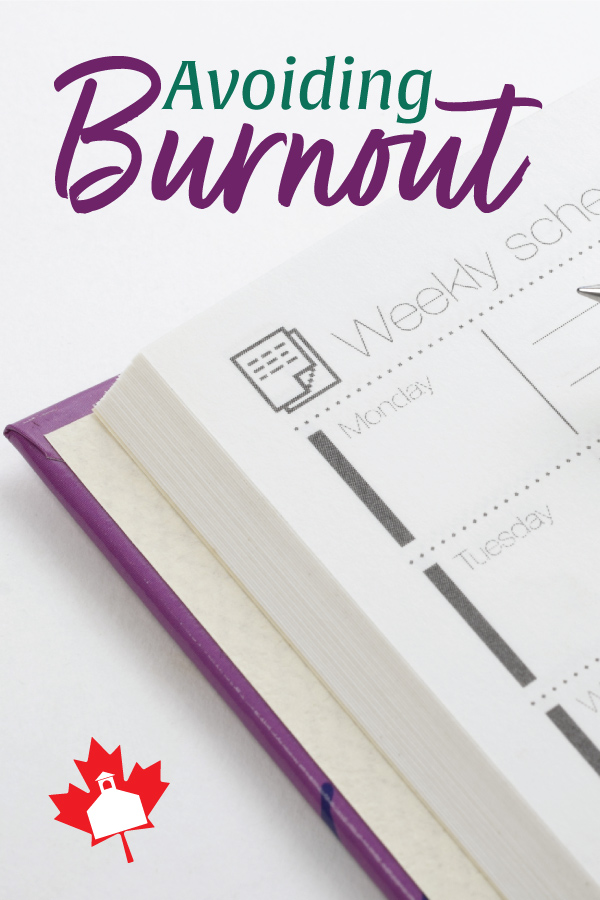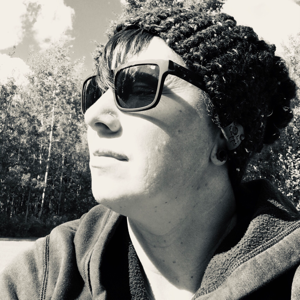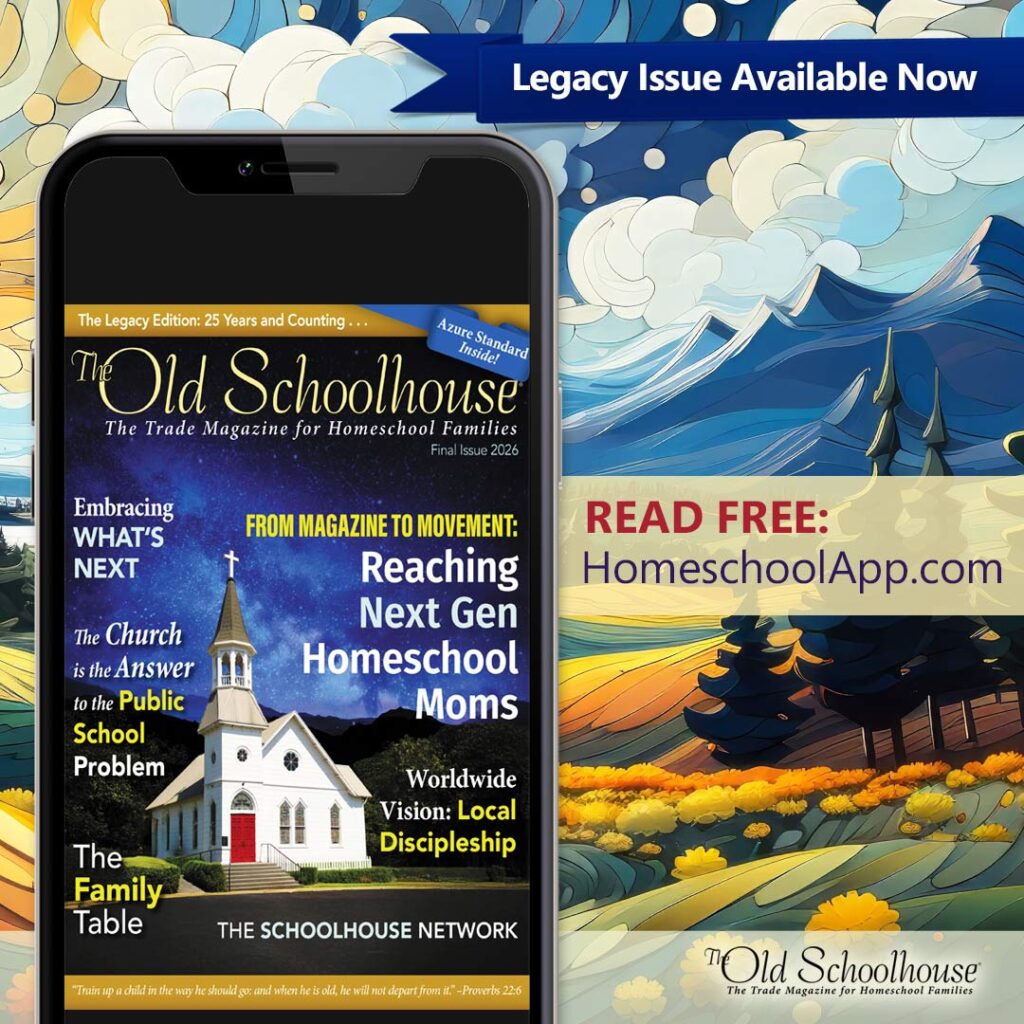

As parents, we naturally want what is best for our children in all aspects of their lives. We want to see them excel, be creative, and explore all possibilities while finding who they are and what their purpose in life will be. This is often why parents decide to take their children out of a government instituted schooling system of conformity and take on the challenge of educating their children at home.
This can be an overwhelming decision at first and can receive outside criticism, but each family knows what is best for their children and each should have the right to choose accordingly. Starting out is usually a whirlwind of where to start, what curriculum to choose, whose advice to consider, how to schedule out the day, will my children resent me, and am I even qualified to teach? Taking a leap of faith is never easy, but we just need to start it in motion, and all the details will sort themselves out in the end.
Whether seasoned homeschoolers or new homeschoolers, we all at some point are subject to burnout, both as teachers/parents and students/children. Life at home has its regular routines, and education has to fit in as an added allotment of time and energy. It takes time to instill change. It seems our bodies want to naturally reject it, and though children are very resilient, it can be a bit stressful to start something totally new, especially if they were in a public school routine for a while. They might not understand this new change. Staying positive and having a mission statement will help keep us focused and in the right frame of mind.
Summer Learning Ideas
Usually the year starts off powerful with strict schedules and eager minds, but by the end of winter, as we anticipate summer and want to spend all our waking hours outside, schooling can lose its allure and start to fall to the wayside or even be resented. I try to have the core subjects done by the end of May, and through summer we focus on spontaneous hands-on learning through gardening, preparing and preserving foods, nature walks, camping and survival skills, travelling observances, etc.
There are some subjects that require bookwork, but when learning can happen naturally through life experiences, it comes effortlessly and is more enjoyable and retainable. Depending on your lifestyle and commitments, there are different ways to schedule schooling and allow for adequate downtime so that we don’t experience burnout. You can do the traditional school year with long breaks over holidays and summer off, you can school year round with scheduled long breaks and shorter weeks taking every Friday off, or you can schedule a month off at a time. Do whatever allows you to finish the education plan for the year without feeling pressured or stressed. Stay flexible and try different ways until you find your family's natural rhythm and allow for downtime when unexpected life interruptions happen.
Curriculum and Teaching Ideas
Curriculum can play a big role in either the stress or ease of learning. It takes time to figure out our children’s learning styles and abilities, and each child is different so multiple children sharing or re-using curriculum may not always work. As the parent/teacher, we have to fit our teaching styles as well whether we want the open and go style or to allow for more research and input. Sometimes children make it part-way through the year and lose interest all together. Then we must decide to toss it, try to salvage it, or finish it anyway to prove a point. In this case, it is worth the opportunity to get creative and use the general information in a way that fits your children.
It is never worth the stress to struggle through; you can sell or donate it and move on to something better. Unit studies can be very beneficial for this reason. You can go monthly instead of yearly with subjects like science, social studies, arts and crafts, and music. Many unit studies you can download digitally and use from your computer and not have to add to the book load. Or you can print off the workbook and make multiple copies if needed. This can be a great way for multiple children to share subjects like science, social studies, and art together by adjusting the learning expectations according to their age. Unit studies can also be used in co-op education groups and a fun way to incorporate socialization.

Flexibility with Learning
Flexibility and creativity plays another big role in homeschooling. As we take each day as it comes, sometimes life changes our plans, and instead of stressing over what will be lost out on, we can embrace spontaneous opportunities. There are days where I have unexpected errands, and instead of morning studies, we do it later in the day or my children take a writing journal or a book to pass the time and they have the day off. Children are always excited for an unscheduled day off!
Life skills can be taught on the go with visits to the doctor or dentist, learning how to count money when making purchases, etc. Perhaps you wake up to a beautiful day and decide to pack up and do school at the park or just outside. Field trips can be an exciting break for children while still learning. If you plan many field trips in the year, children can keep a ‘field trip journal’ and record where they went and what they learned.
Perhaps the math lesson can be learning measuring cup fractions while baking cookies. Painting weather changes of the day can be a science and art lesson. Summer camping can be a fun way to learn bush craft skills such as how to start a fire, how to safely use a knife and carve wiener sticks from willow trees, and how to navigate using a compass while hiking. When the routine starts to feel like a chore, we can be creative and still incorporate children’s studies while having fun.
Live Your Family’s Educational Life
Once you sort out the details of homeschooling and what it looks like for your family, you can refine it and it will flow naturally. I find keeping things simple is best. I started off with expensive fancy curriculums, and while they seemed wonderful, they just were not a good fit and were too overwhelming. Each year, I have simplified our education plan, and not only is the struggle gone, it allows for more free time, time to pursue specific interests, and the information is better retained. Education doesn’t necessarily come easy, but it should not be stressful or disliked. Learning should be enjoyable at any age!
Written by Sandy Knudson
 I am a homeschooling mother of two children from Alberta. We are currently full time RVers living a minimalist lifestyle. I keep busy with books and hobbies, mainly woodworking and pyrography, which I have been doing for a few years now. I enjoy a faith inspired life and look forward to what new inspirations the Lord has in store.
I am a homeschooling mother of two children from Alberta. We are currently full time RVers living a minimalist lifestyle. I keep busy with books and hobbies, mainly woodworking and pyrography, which I have been doing for a few years now. I enjoy a faith inspired life and look forward to what new inspirations the Lord has in store.














